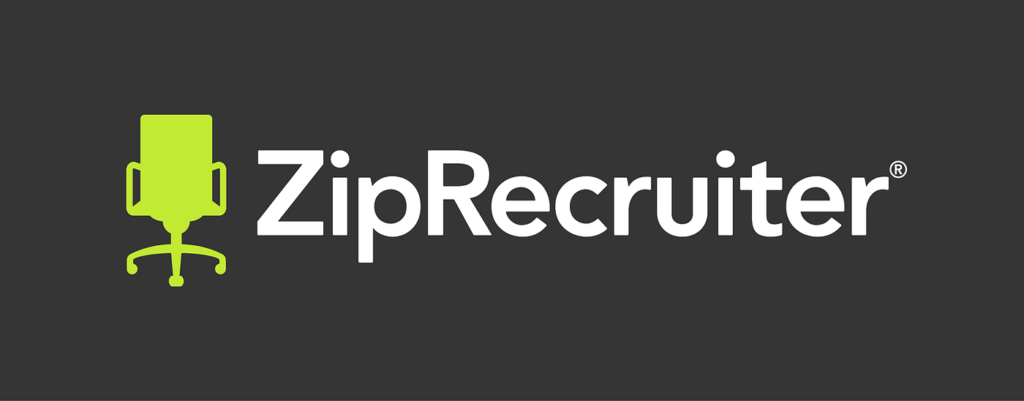The use of chatbots for recruiting has gained popularity in recent years as a way to streamline the hiring process and engage with potential candidates. While chatbots offer several benefits, it is crucial to assess their limitations and failure rates when implementing them for recruitment purposes. In this blog, we will delve into the potential pitfalls of using chatbots for recruiting talent and identify key statistics that highlight their inefficiency in delivering a seamless candidate experience.
Limited Personalization in Chatbot Interactions
Personalization is a crucial factor in the candidate experience, as it helps candidates feel valued and engaged with the company. However, chatbots often provide generic responses that lack personalization, leading to a disconnected and impersonal experience for candidates. Studies have shown that 57% of candidates who interacted with a chatbot during the application process reported feeling frustrated with the lack of personalized responses.
Challenges in Interpreting Candidate Responses
Chatbots rely on Natural Language Processing (NLP) algorithms to understand and respond to candidate queries. Despite advancements in NLP, chatbots can still misinterpret candidate responses, causing confusion and misunderstandings. During the initial screening phase, chatbots misinterpreted around 17% of candidate responses, potentially leading to qualified candidates being filtered out or unqualified candidates proceeding further in the hiring process.
Inability to Grasp Nuances and Emotions
Human recruiters possess the unique ability to understand subtle nuances, such as non-verbal cues and emotional responses during interviews. However, chatbots lack this crucial capability, leading to challenges in accurately assessing candidate emotions. Studies have shown that 63% of candidates feel uncomfortable interacting with a chatbot due to the lack of emotional understanding and empathetic responses.
Adverse Impact on Employer Branding
A strong employer brand is essential for attracting top talent. Unfortunately, the use of chatbots in recruiting can have negative effects on an employer’s brand perception. Candidates who have poor experiences with chatbots during the application process are more likely to share negative feedback on social media platforms and job review websites. This negative publicity can deter potential candidates from applying and may even drive away existing employees, as 68% of job seekers use social media to find company reviews before considering an application.
High Candidate Drop-Off Rates
While chatbots are designed to streamline the application process, they can inadvertently contribute to high candidate drop-off rates. Lengthy and complicated interactions with chatbots can frustrate candidates, leading them to abandon the application midway. A study revealed that 72% of job seekers have abandoned job applications due to complicated or time-consuming processes, with chatbots potentially exacerbating this issue.
Limited Ability to Handle Complex Queries
Recruitment processes often involve addressing complex questions related to company culture, benefits, and specific job requirements. While chatbots can handle simple and frequently asked queries, they may struggle with more intricate and unique questions. Candidates seeking detailed information may find the chatbot responses inadequate, potentially impacting their overall perception of the company.
Risk of Bias and Discrimination
Chatbots learn from historical data and interactions, which can inadvertently lead to biased decision-making. If the historical data contains inherent biases or discriminatory patterns, the chatbot may unknowingly perpetuate these biases during candidate screening. Such biases can lead to unfair rejections of qualified candidates, potentially harming diversity and inclusion efforts within an organization.
The Future of Chatbots for Recruiting
As organizations embrace chatbots for recruiting, it is essential to recognize their limitations and failure rates to make informed decisions. The lack of personalization, challenges in interpreting candidate responses, limited understanding of nuances, adverse impact on employer branding, high candidate drop-off rates, limited ability to handle complex queries, and the risk of bias are significant concerns associated with using chatbots for recruiting talent.
To create a positive and candidate-centric hiring experience, companies should strike a balance between technology and human involvement. By integrating chatbots with human recruiters, organizations can automate repetitive tasks while maintaining personalized and empathetic interactions with candidates. Being aware of the pitfalls will enable companies to optimize their recruitment strategies and ensure a seamless and positive candidate experience with chatbots in the recruitment process.









